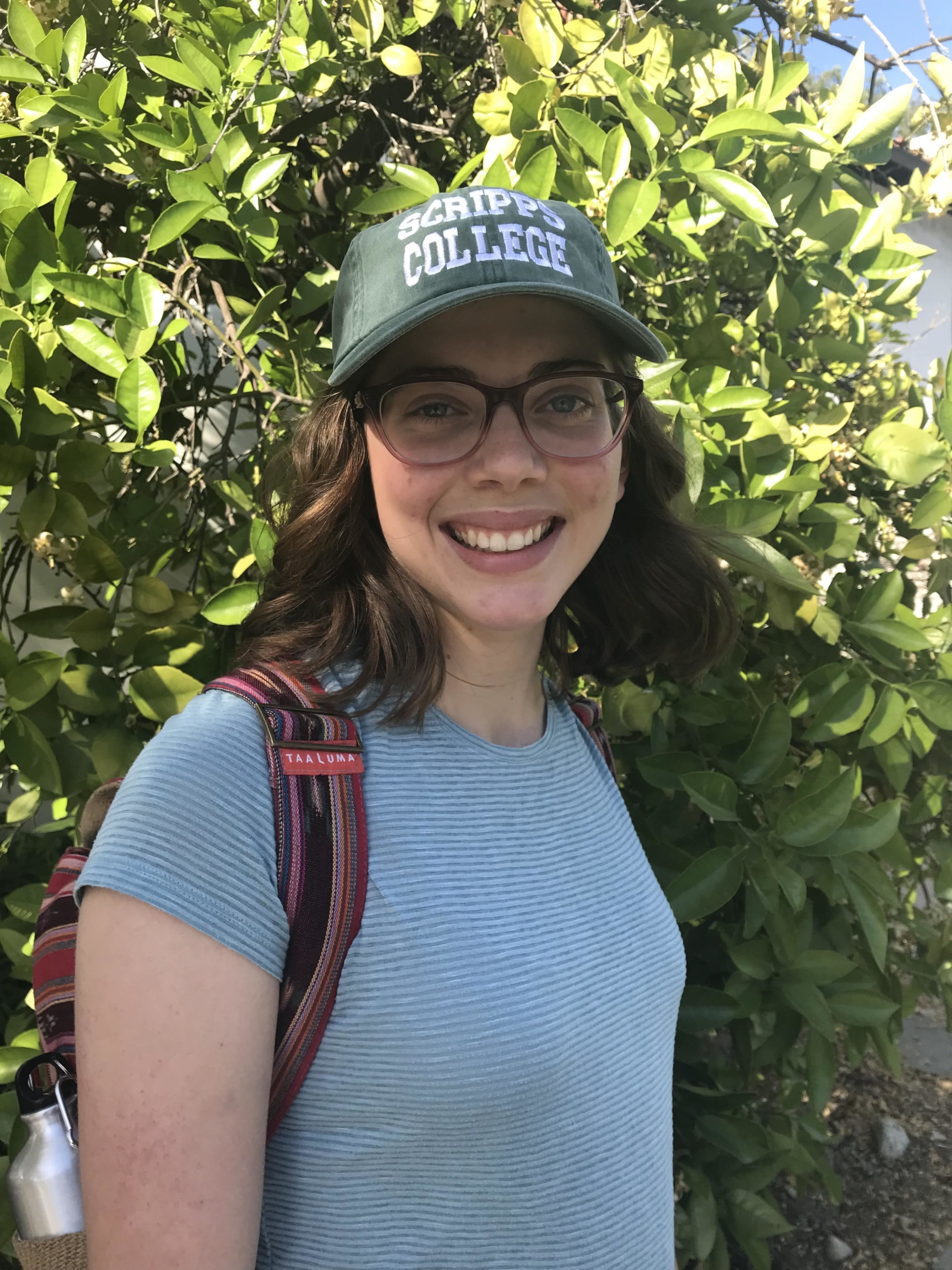Hi everyone!
The other interns and I are creating videos with college search tips that we’ve learned both from applying to colleges ourselves and working in the Office of Admission here at Scripps. Click above to see my video! I’m also writing out my tips here with some extra commentary. I hope this is helpful!
The college application process is stressful—please be kind to yourself. I remember the first semester of senior year being wild for me because if I wasn’t doing homework, I felt like I needed to be working on applications, but if I worked on applications, I wasn’t doing homework. Unfortunately, that dilemma can’t be completely avoided, but planning early can help. Remember, you are working hard and deserve rest. When you’re extra stressed is the time to be extra aware of your self-care, whatever that looks like for you. Now into some concrete tips for the college search process!
When you’re looking into which colleges to apply to, those colleges are selling themselves to you, and they want to make that as accessible as possible. The admissions portal on a website has a ton of information: school size and data, application deadlines, financial aid contact information, student life examples, academic information, and now often links to virtual resources. Scripps has our Scripps on Your Screen virtual hub, as well as opportunities to sign up for virtual information sessions and interviews. Much of the information you could be interested in when first learning about schools can be found on the website.
One trick I’ve learned from working in admissions is the value of visiting local colleges, regardless of if you’re interested in applying and/or attending them. If health and safety regulations allow it, visiting a local small and large college can help you get a feel for the environments of schools across the country. If you can’t visit schools that are far away, touring a comparable college near you could give you some insight into whether a large school or small school experience is right for you.
However, if you don’t know your major, there are still options. You can accomplish two things at once during the college search process: looking for colleges and learning about majors. Every college will list their majors, usually under an “Academics” tab on the Admission portal. Take a look around, see if anything sounds interesting to you, and see where that takes you. Additionally, if you aren’t sure about a major but have some ideas, check to see if a college has those ideas as a major (or minor). You might not think it’s serious when you’re still unsure, but you don’t want to be disappointed later if your school doesn’t have a major you knew you might be interested in beforehand.
Unfortunately, many colleges have or might cancel their fly-in programs but be sure to reach out and ask questions about them still!
A school is made by the people who work there and attend it, so don’t be afraid to reach out to people! There are many people associated with a school who would be happy to help you in your college search. It can be intimidating, but I encourage you to do it anyway. Admission Officers are always available for your questions, and most schools also have student ambassadors (like me!) who can give a current student experience. Contact info is on the Admission website. Closer to home, you might have a friend, or a sibling’s friend, or a friend of a friend who went to the college you’re looking into. You can ask them about their experience. Last but not least on this list, you can reach out to faculty. Their whole careers tend to center around what they teach, and they are often glad to answer your questions about their department.
Typically, the summer before or the fall of your senior year, you have the option to interview with an Admission Officer, alumni, or current student. Some schools require the interview for the application, but for many others it is optional, like Scripps. We even have virtual interviews! Interviews add to your application, and they are also an opportunity for you to learn more about the college. If you’re interviewing you’ve probably decided you want to apply, so really take that time to get a better, personalized feel for if you fit at that college and get out any other questions you may have. Don’t let this add to your stress– generally interviews complement your application and will not hurt your chances.
That’s it for me! I hope some part of this was helpful and either helped you start your college search or illuminated some new directions you could explore. Stay tuned for the other interns’ advice, and good luck!




